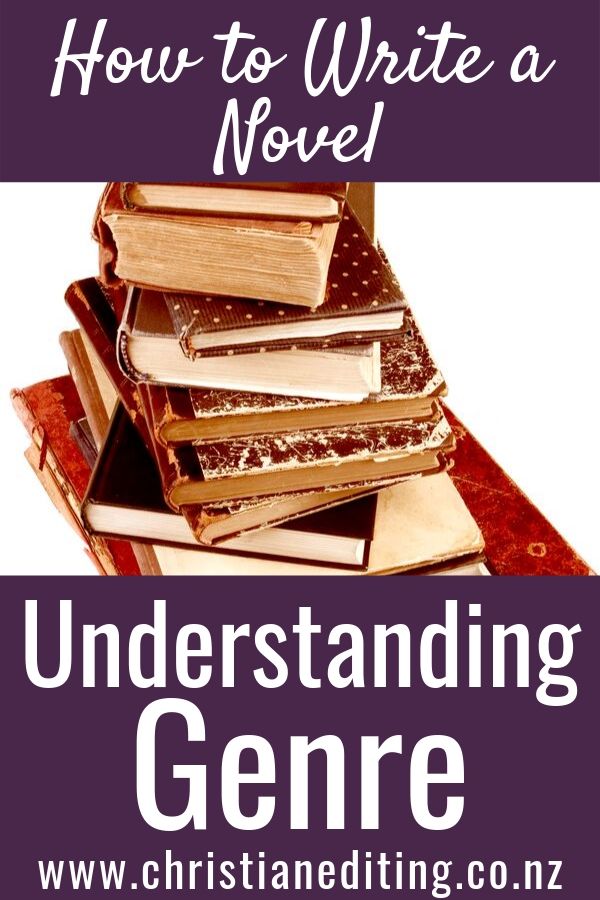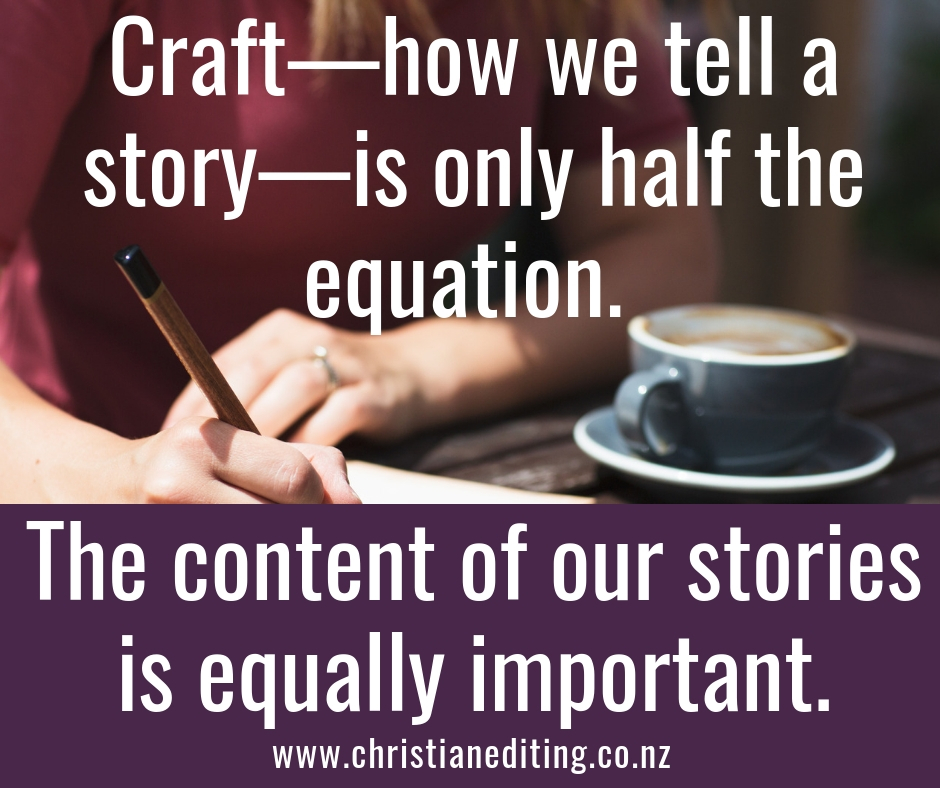The internet is full of stupid. We all know that. But there are levels of stupid.
And, unfortunately, Christian fiction writers are sometimes the target of internet stupid.
There is Forrest Gump stupid, where someone known for having a lower-than-average IQ says something that’s wrong or stupid (usually both), but we ignore it. We know the person doesn’t understand the issue, so we forgive them and move on. We know we can’t fix stupid.
There is politician stupid, where someone spouts a party line that we either believe or don’t believe, depending on our political leanings and the reputation of the politician in question. Whichever side of the political line we’re on, we know it’s best not to engage. We know better than to feed the trolls.
Then there is the-earth-is-flat stupid, where someone you thought was of average or above intelligence gives their opinion but expresses it as fact. It’s Forrest Gump-meets-politician stupid, because it’s stupid, and it assumes that anyone who doesn’t share their opinion is somehow less of a person.
In Christian circles, the implication is generally that anyone who doesn’t agree isn’t a “proper Christian”.
These flat-earthers are often criticising and ridiculing Christian fiction and Christian fiction writers. This annoys me (understatement). So this post might be a little ranty. #SorryNotSorry
Note: what most annoys me is that this criticism inevitably comes from self-proclaimed Christians, not from non-Christians.
I recently saw a self-righteous rant on the nature of “Christian” writing that squarely fell in the-earth-is-flat level of stupid.
The ranter was opining on the number of Christian writing groups that didn’t meet their definition of Christian.
What is “Christian”?
The ranter points that the disciples of Jesus were first called Christians in Acts 11. Are they implying that no one was a Christian until Acts 11? Surely not. That would imply that Stephen, who is traditionally considered the first Christian martyr, was not a Christian because he was stoned in Acts 7.
They then point out that a Christian is a true disciple of Jesus Christ. I agree. But why cloud the issue by mentioning Acts 11?
I think it’s because they used this “true disciple” idea to question the whole concept of Christian fiction.
They say fiction isn’t Christian, because the Word clearly tells us what is Christian: a true disciple of Jesus Christ.
I agree: no novel is Christian (and I’ve blogged about what Christian fiction isn’t). But nor is any non-fiction book … including the Bible. The Bible is a book. Books can’t be true disciples of Jesus. Only people can be Christians.
But books are tools. A book can point to Christ, in the same way as a good Christian church points to Christ. The Bible points to Christ. A good Christian nonfiction book points to Christ.
And a good Christian novel points to Christ.
I don’t know what Bible the poster reads, but I’ve read four different versions over the last five years. In all of them, a good portion of the gospels (the books of Matthew, Mark, Luke, and John) are fiction. Stories Jesus made up. Jesus and his disciples call these made-up stories “parables.”
Giving them a fancy name doesn’t change what they are: fiction.
Jesus used fiction to tell Truth.
Maybe the ranter believes these stories aren’t Christian. After all, Jesus Christ wasn’t a Christian. He can’t have been, because he wasn’t a true disciple of Jesus Christ. (Surely we can’t be our own disciple.) So perhaps we can ignore everything Jesus said, and only read Acts 11 and the subsequent chapters and books. Because they are about “real” Christians.
The ranter specifically calls out “romantic/horror or sci-fi” as not being Christian fiction. Well, I’ve been reading and reviewing Christian fiction for years, and I’ve yet to find a book I’d describe as romantic/horror. Sure, I’ve read a few horrible excuses for romance novels, but that’s not the same thing.
As for horror … the only author I can think of who writes Christian horror is Pastor Mike Duran. His books may or may not contain romantic subplots—I don’t know, as I haven’t read them. Duran freely acknowledges his books don’t fit the Christian mainstream, which is why he’s now publishing independently. He may even be writing for the general market—horror!
We’re not supposed to take that whole Great Commission thing in Matthew 28 literally, are we?
What about Romance?
I’m a big fan of Christian romance novels. I like the promise of a happy-ever-after ending. It echoes Jesus’s promise that if we believe in him, we’ll spend eternity with him. If that’s not happy ever after, what is? Romance novels are an allegory of Christ’s relationship with His Bride (that’s us!). Perhaps that’s why so many romance novels end in a wedding.
I’ve heard a non-Christian conference presenter describe romance as the literature of hope. As a Christian, I agree—and I know my hope is in Jesus.
I’ve seen Christian bloggers criticise Christian romance, saying the novels present an unrealistic ideal, that women who expect this ideal will be disappointed when real life doesn’t shape up in the same way. I’ve seen and heard non-Christians criticise general market romance for similar reasons.
I choose to see the other side of the argument: that Christian romance novels model positive God-centred male-female relationships.
Christian romance novels show men who love God and family unconditionally, who seek to do God’s will, and who will do anything to protect their wives and children. If this is an unrealistic ideal, then I submit the problem isn’t with the ideal, but with humanity. Perhaps we should all abide by St Paul’s advice and remain single.
Christian Fiction Writers
The ranter also forgets a couple of things in their post. I know this, because I help manage a couple of the groups they are member of.
They forget that a group with “Christian writers” in the group name is going to include Christians who write … and write across a range of genres. Fiction. Non-fiction. Poetry. Books. Magazine articles. Blog posts. Some even write for television (cue horror music!).
They also forget that a group with “fiction writers” in the group name is going to include (wait for it!) people who write fiction. This might be judgey-me speaking (well, typing), but if the poster has an issue with people who write fiction, perhaps they shouldn’t join groups with “fiction writers” in the name.
Just saying.
The poster is also making the assumption that, as Christians, we are all called to write for other Christians.
Some Christians are, and that’s great. But some Christians are called to write for the general market. As they should be. Otherwise, we’d ever fulfil that pesky Great Commission, would we?
If God calls us to write for the general market, shouldn’t we obey him?
Truth and Lies
It’s been said that fiction uses a lie (the novel) to tell a truth. In the case of Christian fiction, that’s not just a truth.
It’s a Truth.
Non-fiction works the opposite way. It shares truth (or Truth), but often uses stories to get the point across. It’s a time-honoured technique still used by most preachers.
Let’s not be stupid. If we Christians are going to achieve the objective of Matthew 28:18-20, we have to speak to Christians and non-Christians. Believers and backsliders. Seekers and sceptics. Atheists and agnostics.
We have to use all the weapons in our arsenal. Fiction. Non-fiction. Poetry. Screenplays. Books. Articles. Blog posts.
All to tell Truth.
It’s not important how we tell it. It’s important that we do tell it. And that we tell it in a way the seekers and sceptics, the atheists and agnostics, the faithful and the faithless will understand. And not to get tied up in fighting among ourselves about the “right” way to share the gospel.
The point is that we unite to share the Good News of Jesus Christ and make true disciples. Unite, not divide.
Because if Christians divide, we lose.
As Christians, we should think before we speak. As writers, we should think before we write.
As Christian writers, we should think and pray before we write.
Christian Writers: Write to Your Calling
Are you called to write Christian fiction? If so, what kind? What level of Christian or spiritual content should your books have?
Are you called to write fiction for the general market? Or nonfiction? What should you write?
I can’t answer those questions for you. Only God can.
I firmly believe that if you, as a Christian, are called to write fiction—whether for the Christian or for the general market—then that is what you must do. Don’t apologise for it, and don’t let anyone tell you otherwise. Nor should you let anyone tell you that you shouldn’t be wasting your time on frivolous fiction when you could be using your talents writing about serious non-fiction topics.
And don’t worry if your novels (or non-fiction) isn’t actively Christian. Don’t apologise for it. Your Christian faith will come through in whatever you write. (If it doesn’t, you’re probably not writing in obedience to God . . . and that’s a whole different issue).
God blesses obedience, and that sometimes (often?) means going against what those around us think is best for us. If you honestly and prayerfully petitioned God about your writing, whether you consider it a hobby or a career, a calling or an offering, then rest assured that you are writing what God called you to write.
Don’t let anyone tell you otherwise.










